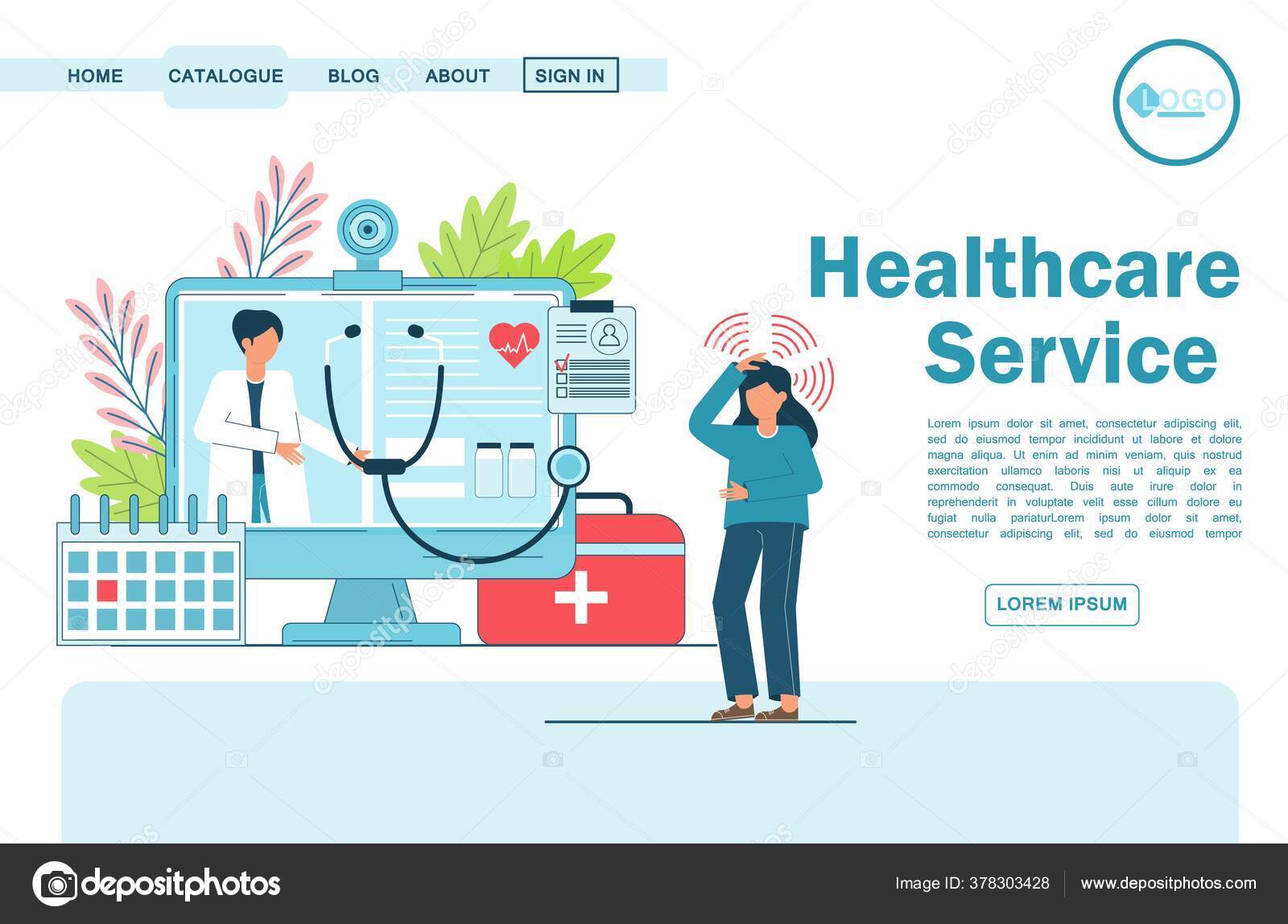The Future of Medication: Exploring Subscription Based Healthcare Models
The Future of Medication: Exploring Subscription Based Healthcare Models
Blog Article
The Rise of Subscription-Based Medical Care and Its Influence on Person Treatment
As healthcare progresses, the subscription-based version is gaining grip, guaranteeing to revolutionize person treatment by using predictability and availability. The potential for these models to improve health care distribution increases pressing concerns regarding their lasting sustainability and inclusivity. Are these subscription solutions the future of medical care, or do they risk leaving susceptible populaces behind?
Understanding Subscription Medical Care Designs
Realizing the idea of registration healthcare versions involves examining a transformative strategy to clinical solutions that highlights affordability and availability. These versions, commonly described as straight primary treatment (DPC) or concierge medication, have become innovative options to standard fee-for-service healthcare systems. Membership medical care permits people to pay a set monthly or annual cost for a defined set of clinical solutions, which may include unlimited workplace gos to, routine check-ups, and fundamental laboratory examinations, without the need for conventional insurance billing.
The framework of registration healthcare designs is created to improve client care by getting rid of third-party payers and intricate payment codes, therefore reducing administrative burdens. Doctor can concentrate extra on individual treatment, cultivating more powerful patient-provider relationships. This model likewise promotes preventative care by motivating routine gos to, as the financial barrier of per-visit fees is removed.
The subscription model commonly empowers doctor to take care of smaller sized patient panels, permitting for even more individualized treatment. It straightens financial rewards with person health results, as companies are encouraged to maintain patient complete satisfaction and well-being. On the whole, recognizing subscription health care models requires identifying their prospective to reshape how treatment is provided and accessed.
Benefits for Individuals and Suppliers

With a constant revenue stream, health care experts can commit even more time to each person, leading to a more thorough and personalized care experience. The emphasis on preventive treatment within membership plans can lead to far better client results and reduced long-lasting healthcare expenses.
Challenges and Issues
While subscription-based healthcare designs existing numerous benefits, they also come with a collection of difficulties and problems that need to be attended to. First, accessibility remains a considerable issue, as these models typically target people who can afford regular monthly costs, potentially omitting low-income populaces. This raises honest inquiries concerning fair accessibility to health care services. Additionally, the diverse nature of subscription plans can bring about complication amongst patients relating to protection specifics, potentially leading to unmet assumptions or poor treatment.
Financial sustainability of subscription-based versions is an additional issue. Companies need to balance the fixed revenue from memberships with the variable expenses of healthcare services, which might change because of unexpected medical requirements. This can create pressure to restrict services or rise fees, possibly impacting person complete satisfaction and care quality.
In addition, regulative oversight of subscription-based healthcare designs is still evolving. The lack of standard frameworks can result in irregular solution top quality and liability, making complex initiatives to make certain person protection. Finally, the assimilation of technology-- often a cornerstone of these models-- raises concerns regarding information privacy and security, as delicate person information can be susceptible to breaches. Dealing with these challenges is crucial for the equitable and effective execution of subscription-based medical care.
Influence on Patient-Doctor Relationships
One substantial influence of subscription-based medical care versions on patient-doctor partnerships is the potential for enhanced connection and personalized treatment. By taking on a subscription version, medical professionals can handle a smaller client panel, permitting even more specialized time with each person. This boosted availability cultivates a much deeper understanding of a person's case history, way of life, and choices, making it possible for much more tailored therapy plans and interventions.

However, it is very important to acknowledge that while subscription-based models may benefit those who can afford them, they could accidentally expand healthcare variations. People that are unable to join these versions might experience lower accessibility to individualized treatment, potentially influencing their connections with healthcare service providers. Thus, while the membership version provides appealing benefits for patient-doctor partnerships, it likewise poses challenges that need to be dealt with to make sure equitable healthcare accessibility.
Future of Medical Care Gain Access To

The role of modern technology can not be neglected in this makeover. Telemedicine platforms and digital health documents promote seamless communication in between people and healthcare service providers, breaking down logistical and geographical obstacles. Additionally, developments in artificial knowledge and information analytics can additionally customize treatment by anticipating client requirements and enhancing therapy strategies.
Nevertheless, the future of health care gain access to also presents challenges, such as ensuring equity throughout various socio-economic groups. Policymakers and doctor need to work together to connect the electronic divide, making certain that subscription-based models continue to be cost effective and comprehensive. As these systems mature, they hold the pledge of making health care much more available, reliable, and patient-centric.
Conclusion
Subscription-based healthcare designs are reshaping individual care by supplying a stable cost structure and boosting ease of access. These versions enhance patient-provider partnerships through best site individualized treatment and routine brows through, highlighting preventative wellness. Despite these benefits, obstacles such as accessibility problems for low-income populaces and the demand for equitable health care remedies linger. The increase of subscription-based health care urges proactive individual involvement, which has the potential to enhance individual end results and complete satisfaction, signifying a transformative change in healthcare delivery.
As health care progresses, the subscription-based version is obtaining grip, assuring to change client treatment by supplying predictability and accessibility.Subscription-based healthcare versions supply distinctive benefits for both individuals and carriers, boosting the general healthcare experience.As healthcare systems advance, the future of medical care gain access to often hinges on the integration of cutting-edge versions and innovations.Subscription-based healthcare versions are improving client treatment by supplying a steady price framework and enhancing accessibility. The increase of subscription-based healthcare urges positive patient interaction, which has the potential to boost person results and fulfillment, go signaling a transformative shift in health care distribution.
Report this page